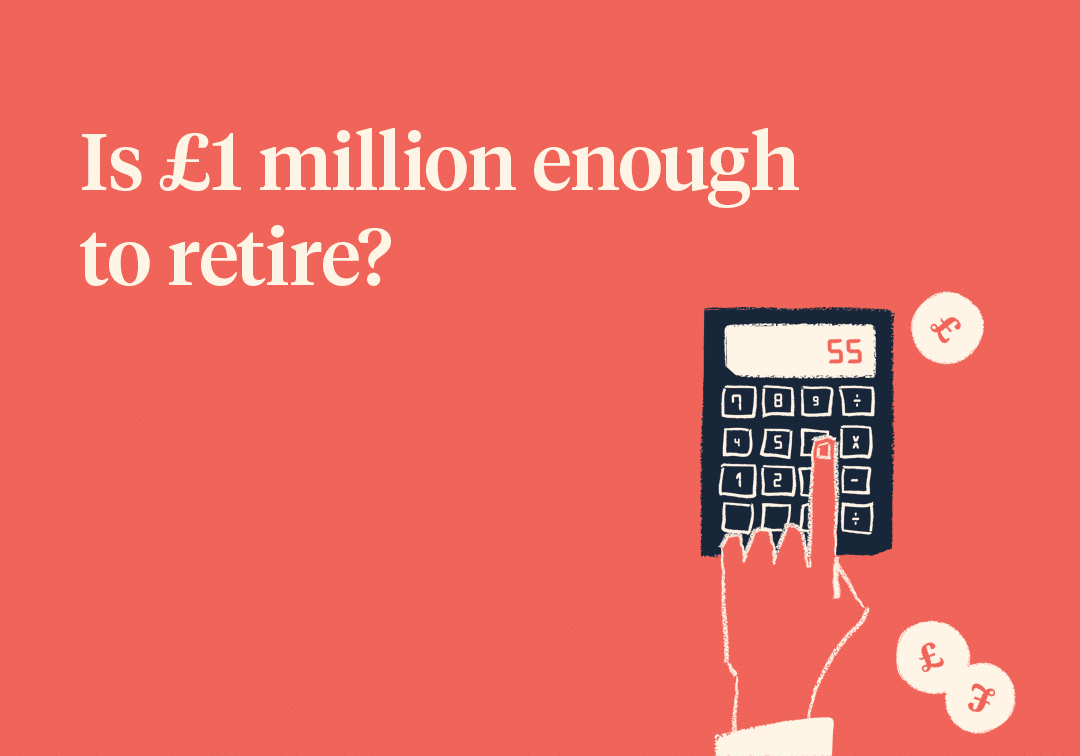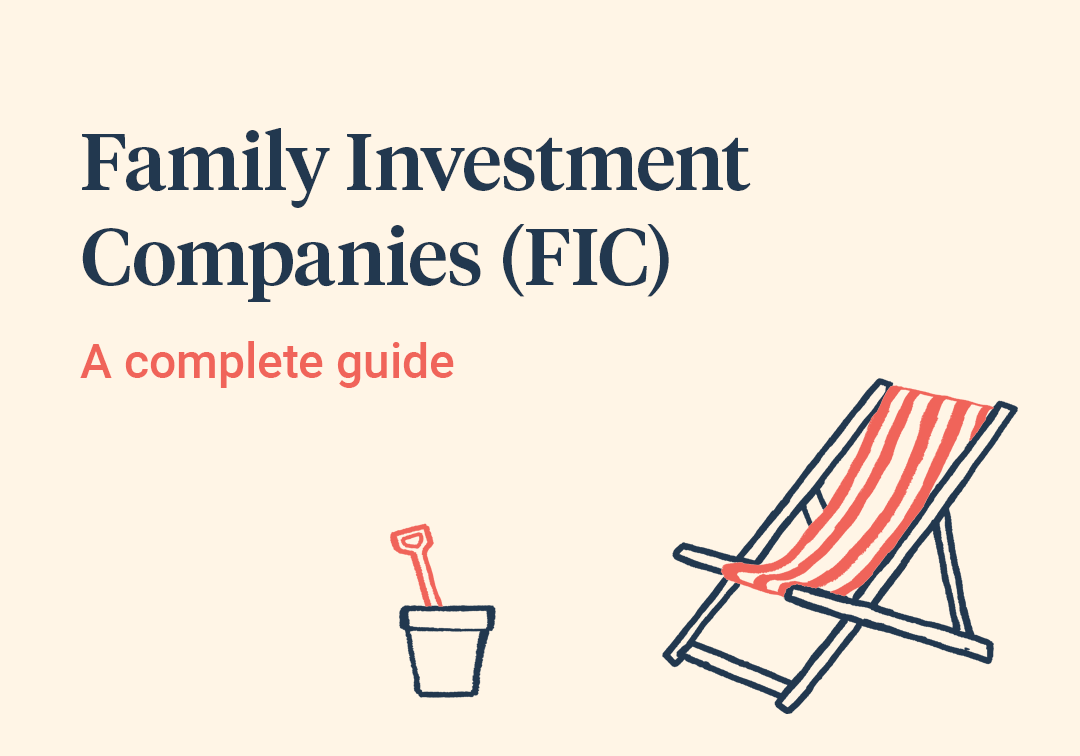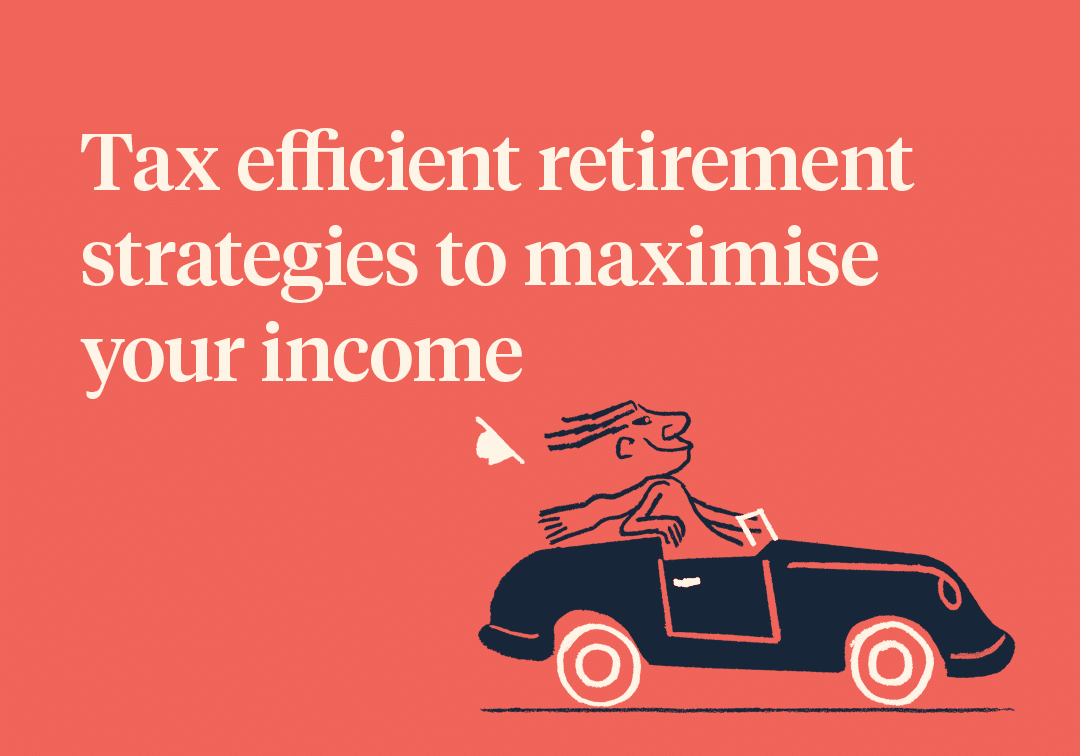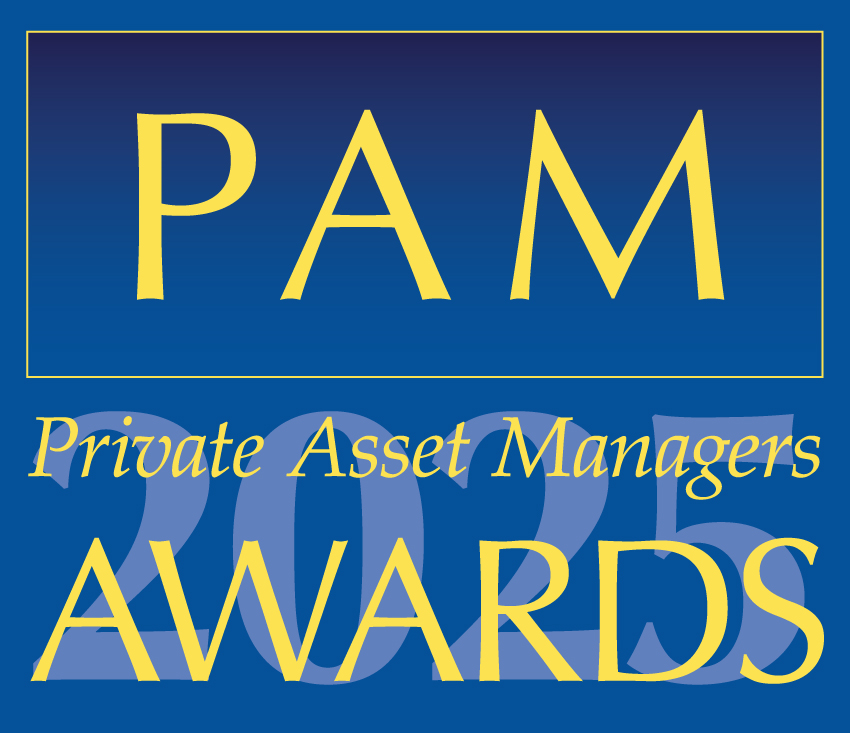What is a VCT and what do they invest in?
VCTs, or venture capital trusts, are companies in their own right that pool money together and invest in mainly small, unlisted companies.[1] Investors can buy shares in the VCT to benefit from the growth in the underlying investments. At least 80% of these investments have to be held in qualifying companies in order for the trust to be considered a VCT.
There are a whole range of rules that a company has to meet before it can qualify for VCT investment, but they generally relate to size and maturity. As such, the companies typically have to have fewer than 250 employees, can’t have been trading for longer than seven years, have to be established in the UK and can’t be listed.[2] By their very nature then, they are considered high risk investments. There are some helpful mitigators though, in that VCTs are limited in how much they can hold in a single company and the remaining 20% of the trust can be in non-qualifying assets like listed companies and cash. They should then at least provide far greater diversification than things like single company EIS investments.[3]
What are the tax benefits of VCTs?
The UK Government wants to encourage people to invest in small companies with UK operations. As I noted earlier, the primary benefit of VCTs is that they offer a significant 30% up front income tax relief.[4] In addition to this, there is also no income tax to pay on dividends and no tax to pay on capital gains.[5] Whilst they are high risk, if they are used in the correct way, and for the right person, they can have some amazing advantages.
It’s really important to stress though that the 30% income tax-relief only remains valid if you hold the investment for at least five years. Of course, it’s also up to 30% relief available. You will have needed to have generated enough income tax in the same tax year in which you invest in the VCT to benefit from full relief. You also can’t invest more than £200,000 into a VCT each tax year so the benefit is capped.
Second-hand VCT shares do not offer the same tax benefits so the market for them is far more limited, particularly compared to listed shares, which can make them a bit more challenging to sell.
When might you invest in a VCT?
First of all, it’s important to say that VCTs are typically only right for the few rather than the masses. Due to their high-risk nature, they are usually only suitable for people with other significant investments. Typically, a VCT is a last planning step after someone is already making the maximum pension contributions, using their ISA allowance and using up their annual capital gains tax allowance.[6] You’d also expect the remainder of their investments to be well diversified across a range of asset classes and managed by professionals who are focusing on both risk and return.
VCTs tend to come into their own for high earners who are earning more than £360,000 and are subject to full tapering on their annual pension contributions right down to £10,000.[7] A VCT can provide a great alternative to the income tax relief this person would have otherwise received in a pension, if they weren’t subject to such heavy tapering, and reduce their short-term tax bill.
VCTs can also be an interesting option for someone already using their tax-free allowances and who has other taxable assets that may be producing significant capital gains. VCTs can act as a helpful diversifier if they want to broaden their investments further without worsening their capital gains tax position.
Why should you take advice when investing in VCTs?
Whilst I’ve outlined some examples, every one’s situation is different and VCTs are particularly specialist vehicles. You should really be taking advice if you are considering using them. It’s not just about understanding when to effectively make use of a VCT, but also having the ability to manage the risk of your remaining investments alongside them. Very few non-professionals have the expertise or tools to do this well.
It’s also worth pointing out that, whilst the tax treatment of VCTS hasn’t really changed for almost 30 years, these are long-term investments. The Government can always change the treatment of these vehicles. Given this, it definitely won’t hurt to have a professional working with you that keeps on top of the rules and how they change each tax year.
So, if you are interested in VCTs, take some time to ensure your situation is the right one and find a high-quality adviser to help you work through your options.
Do you want to improve your tax position?
The more tax you pay, the harder your investments must work to grow your wealth. Our advisers can provide practical advice to help reduce your tax bill. Get in touch to discuss how we can help you.

Article sources
Editorial policy
All authors have considerable industry expertise and specific knowledge on any given topic. All pieces are reviewed by an additional qualified financial specialist to ensure objectivity and accuracy to the best of our ability. All reviewer’s qualifications are from leading industry bodies. Where possible we use primary sources to support our work. These can include white papers, government sources and data, original reports and interviews or articles from other industry experts. We also reference research from other reputable financial planning and investment management firms where appropriate.
Saltus Financial Planning Ltd is authorised and regulated by the Financial Conduct Authority. Information is correct to the best of our understanding as at the date of publication. Nothing within this content is intended as, or can be relied upon, as financial advice. Capital is at risk. You may get back less than you invested. Tax rules may change and the value of tax reliefs depends on your individual circumstances.
About Saltus?
Find out more about our award-winning wealth management services…
Winner
Investment Performance: Cautious Portfolios
Winner
Top 100 Fund Selectors 2024
Winner
Best Places to Work 2024
Winner
Best Financial Advisers to Work For
£8bn+
assets under advice
20
years working with clients
350+
employees
97%
client retention rate






